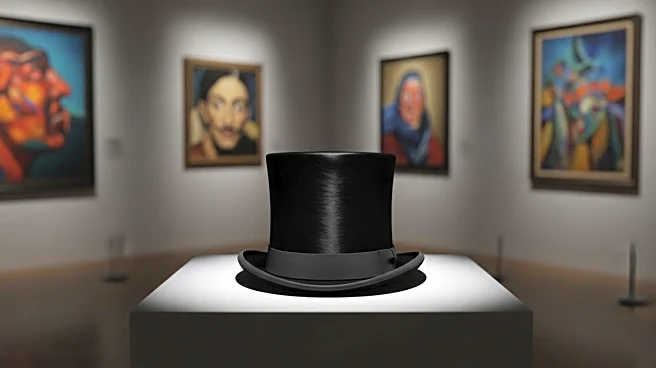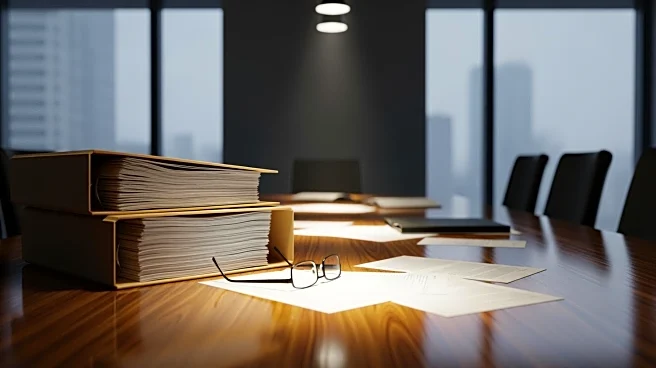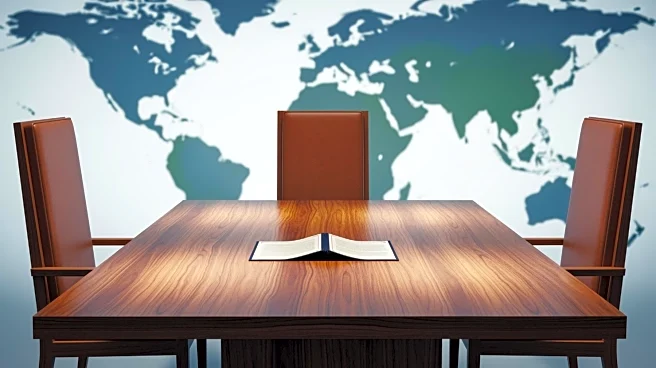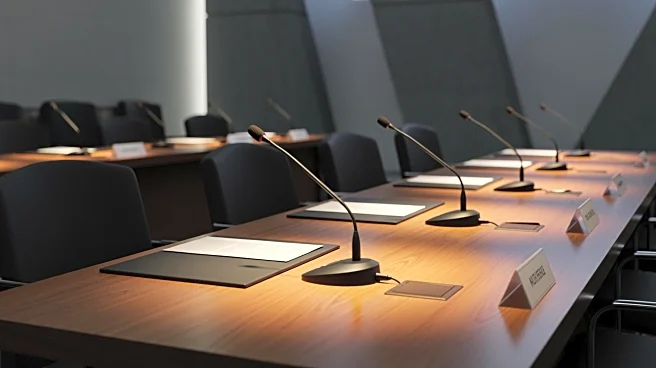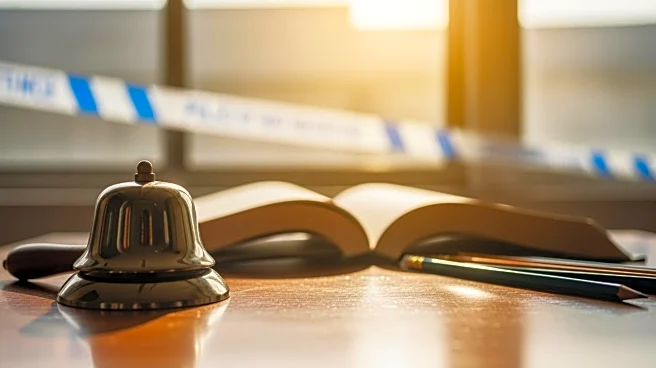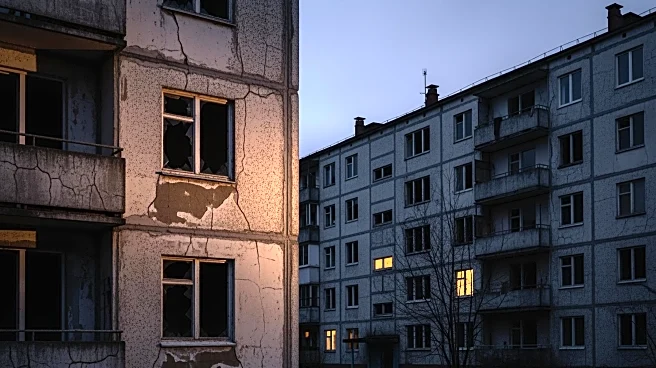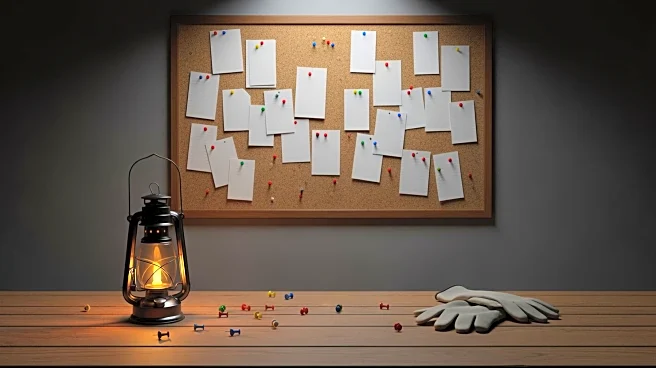What's Happening?
Italian police conducted a raid at the Palazzo Tarasconi in Parma after discovering forged Salvador Dalí artworks in an exhibition. The raid was prompted by a tip-off from the Gala-Salvador Dalí Foundation, leading to the seizure of 21 pieces, including tapestries, drawings, and engravings. The Palazzo Tarasconi, a cultural hub known for hosting fine art exhibitions, was showcasing the 'Salvador Dalí, Between Art and Myth' exhibit when the forgeries were found.
Why It's Important?
The discovery of forged artworks in a prestigious gallery highlights ongoing challenges in the art world regarding authenticity and provenance. It raises concerns about the prevalence of art forgery, with estimates suggesting that over 50% of art on the market may be misattributed. This incident underscores the need for rigorous authentication processes and the role of institutions in safeguarding cultural heritage.
What's Next?
The investigation into the forgeries is ongoing, with potential legal consequences for those involved in the creation and distribution of fake artworks. The art community may see increased scrutiny and efforts to enhance verification methods. Galleries and collectors might implement stricter measures to ensure the authenticity of their collections.
Beyond the Headlines
The case reflects broader ethical and legal issues in the art market, including the impact of forgeries on artists' legacies and the financial implications for collectors and investors. It also highlights the cultural significance of preserving genuine artworks and the challenges faced by institutions in maintaining trust and integrity.
